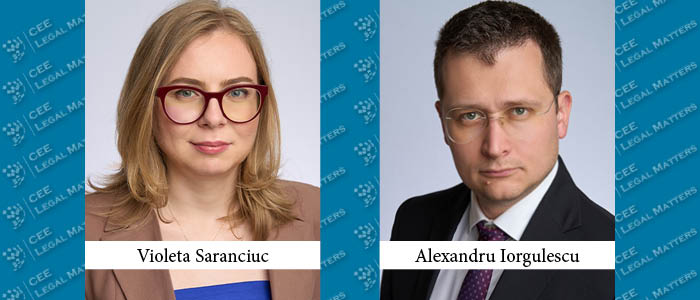After China, the world’s largest merchandise exporter, joined the World Trade Organization (WTO) in 2001, it agreed to a 15-year transitional period during which other members would be allowed to use the “non-market economy” method for dumping calculations. This transitional period ended on 11 December 2016, and forced certain WTO members to revise their anti-dumping strategies.
On 9 November 2016, once this deadline was already on the horizon, the European Commission (“Commission”) adopted a proposal to change the European Union’s (“EU”) anti-dumping and anti-subsidy legislation, which suggests a new method for calculating dumping on imports from countries where there are significant market distortions or state intervention.
As put forward by the Commission, the motivation behind the proposal involves dealing with significant market distortions in certain countries, which can lead to industrial overcapacity.
The most significant aspects of the proposal are as follows:
– Current System: Non-Market Economy Method
Under the current system, anti-dumping duties are imposed if dumped imports cause injury to the domestic market. For calculation of “dumping,” under current WTO rules, authorities compare the export price of a product with the domestic prices or the costs of the product in the exporting country.
However, in certain circumstances, due to state influence or governmental intervention, domestic prices and costs can be kept artificially low. In such cases, the current (and yet antiquated) system of the WTO, which divides countries into groups depending on whether they meet a set of market-economy criteria, allows players to use a method called the “non-market economy method,” in which the price data from an “analogue country” (i.e., another market-economy country) is used as the basis for the calculation.
This being said, the “analogue country” methodology will continue to be applied to non-market economy countries that are not members of the WTO.
– Proposed System: Market Distortion Approach
The newly proposed method, although similar to the existing one, suggests focusing on WTO members whose economies are “distorted” because of continued state intervention. Therefore, where distortion exists, benchmarks reflecting undistorted costs of production and sale (i.e., corresponding costs in an appropriate representative country with a similar level of economic development) will be taken into account for dumping calculations.
- When does state interference occur?
The Commission explains that state interference occurs (i) when enterprises operate under ownership, control or guidance of state authorities, or (ii) due to discriminating public policies. The Commission provides (i) “discriminating public policies in favor of domestic suppliers,” and (ii) “exporters' access to financing by institutions that implement public policy objectives” as examples of state interference.
- Tracking distortions
The proposal would also direct the EU’s executive arm to publicly release available public reports on countries or sectors where it identifies distortions. These reports will then be available for anti-dumping investigations, as well as for industry players to use in their complaints to support their cases.
– Existing Investigations and Trade Remedy Measures Already in Place
The Commission has clarified that the new calculation method would only apply to cases initiated subsequent to the entry into force of the amended provisions. To this end, any ongoing anti-dumping investigations, as well as measures currently in place, will continue to be governed by the current disciplines.
By Gonenc Gurkaynak, Managing Partner, and Ceren Yıldız, Associate, ELIG, Attorneys-at-Law





























